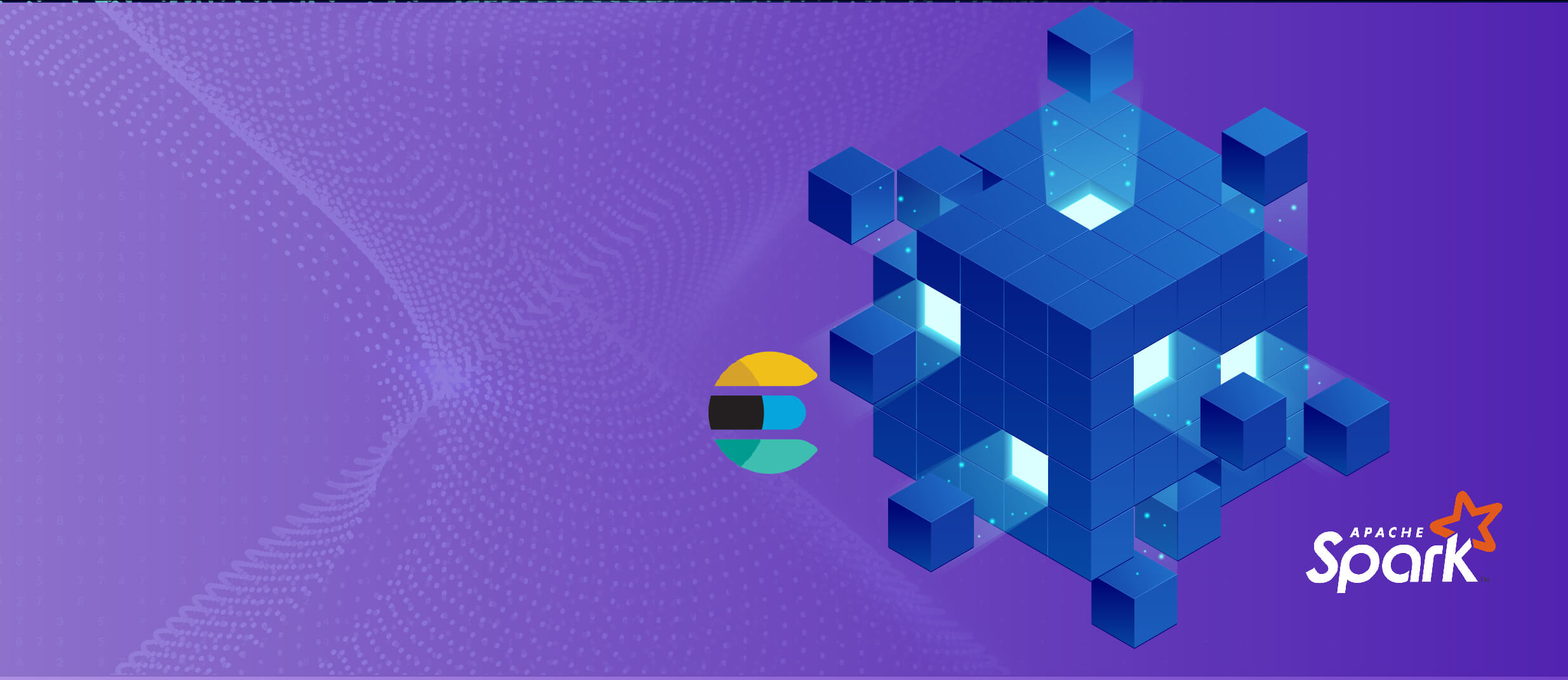Subscribe to Monthly Newsletter
Keep up-to-date with important changes in big data technologies; discover new features and tools for your business.

How can we store or process large volumes of data? how to deal with a massive stream of events coming at high velocity? what really is BigData? How does a BigData-ready system look like? and how can Clouds help?
The topics of BigData and Cloud technologoies are being mentioned a lot, but it's hard to know where to start or what technologies to use.
Join our internationally renowned instructors for a full day packed of knowledge sharing. Let us give you an overview with short deep-dives into the vast landscapes of BigData, everything you need to get started with the technologies that changed the world.
This course is aimed at giving a good overview for developers and decision-makers new to the field, as well as giving insights and valuable pointers to developers with practical experience.
None.
Q&A panel with our experts - ask us anything.